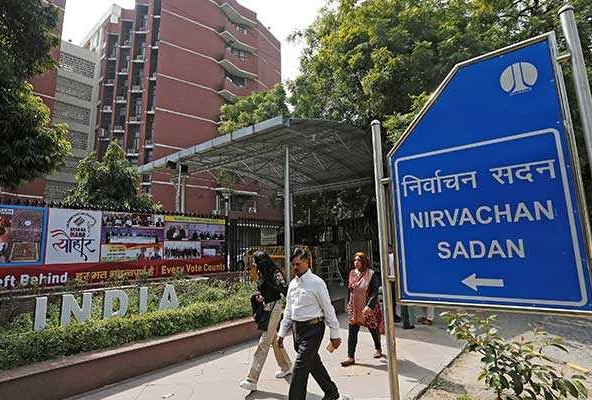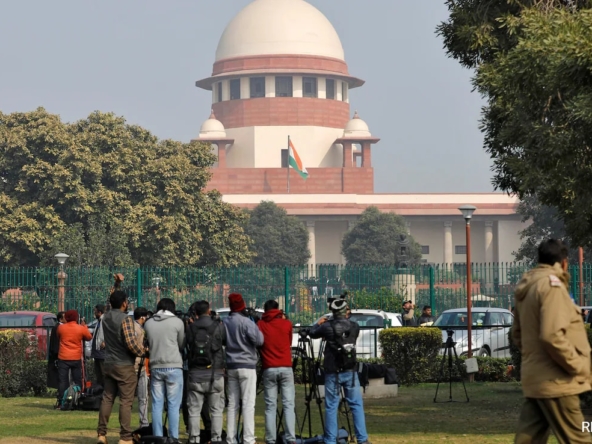
This marks the final stage of the Budget-making process.
The halwa ceremony marks the final stage of the preparation of the Union Budget with the initiation of the printing process.
The preparation of the Union Budget is a meticulous exercise carried out under the supervision of a team of senior bureaucrats. The entire process spans several months.
Just a few days ahead of the unveiling of the Budget, the government hosts the traditional “halwa ceremony”. This marks the final stage of the Budget-making process.
Union Finance Minister Nirmala Sitharaman will present an Interim Budget on February 1 in the Parliament. The full Budget for the financial year 2024-25 will be presented in July after the formation of the new government following the Lok Sabha elections.
Let’s take a look at the halwa ceremony and its importance in the budgetary process.
What is the halwa ceremony?
In Indian culture, it is a common practice to have something sweet before commemorating a special occasion. Keeping this tradition alive, the Ministry of Finance observes the “halwa ceremony” before the presentation of the Union Budget.
The halwa ceremony, which is held in the North Block, marks the commencement of the process of printing the Union Budget.
This ceremony takes place in the presence of the Finance Minister and all other officials who are part of the Budget-making process.
As a part of the ritual, the halwa is prepared. Before it is served to all the staff members, the Finance Minister participates in the preparation of the halwa.
It is a gesture to recognise the efforts of all the members in preparing the Union Budget.
Why is it important?
The halwa ceremony holds significance in the budget-making process, as it serves as a formal “send-off” for all the ministry officials and staff members engaged in the task.
During the preparation of the Union Budget, all the members enter the “lock-in” period, isolating themselves within the Finance Ministry premises. The staff members even cut off themselves from their families, in a bid to preserve the confidentiality of the final Budget document
For almost 10 days, these staff members are required to stay in the North Block until the Union Budget is presented in the Parliament on February 1.




